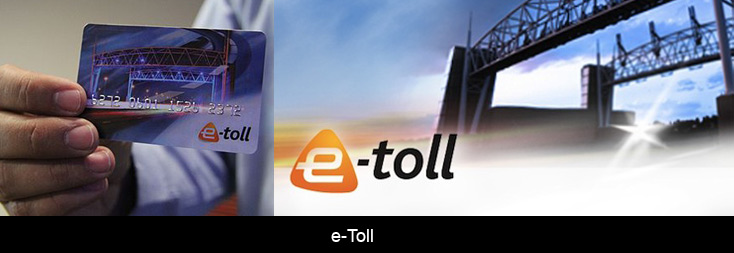Justice Project finds eToll prosecution threats puzzling
Justice Project South Africa has noted the puzzling statements made by Transport Minister Dikobe Benedict Martins with respect to the progress made with eTolls and in particular his statement that “Sanral will use the Criminal Procedure Act to ensure that commuters on the roads that are part of the Gauteng Freeway Improvement Project pay their tariffs.”
Fifteen years ago the Department of Transport enacted legislation named the Administrative Adjudication of Road Traffic Offences (AARTO) Act; its stated purpose being: “Alleviating the burden on the courts of trying offenders for infringements.” The Act has also been popularly described as one that “decriminalises road traffic infringements”.
The AARTO Act already makes provision for prosecution of “toll dodgers” in Schedule 3 which defines the penalty for driving on a toll road without paying the toll at R250 for motor vehicles not required to have and display an operator card and R500 for those that are required to do so. (Charge codes 3820 and 3821 respectively)
Since a vast proportion of the GFIP freeway infrastructure falls within the jurisdiction of the Johannesburg and Tshwane Metropolitan Police Departments, whose jurisdictions have been subject to AARTO since 2008; it is surprising that the Minister would choose to defy legislation that was enacted by his own department in what seems to be an attempt to introduce an element of fear of criminal prosecution into the eToll saga.
This is of course assuming that the Minister does not intend to scrap AARTO prior to introducing eTolls.
The Minister’s further statement that he is “comfortable that SANRAL will be able to handle the volumes” is moot, given the fact that the Criminal Procedure Act requires Magistrates Courts to adjudicate over matters brought in terms of the Act – not simply issuing a notice in terms of the Act.
The criminal courts system is already clogged and unable to deal with existing traffic matters timeously. Introducing what could conceivably be hundreds of thousands (if not more) additional summonses and cases into them monthly can only be described as completely impractical and for that matter, frivolous.
Once again, this is unless it is the intention of the Minister to have dedicated Courts established to deal with eTolls; where such specialist consideration has not been given to offences like driving under the influence of alcohol which is known to kill thousands of people on our roads annually.
Instead of threatening people with criminal prosecution for taking a stand against the irrational implementation of eTolls, the minister & others would be better advised to rather seek a solution to paying for infrastructure by other means; one of which can be a fuel levy therefor. The argument made by Treasury that “the fuel levy cannot be used since it is not a ring fenced fund” was revealed as being nothing more than a smokescreen when Finance Minister Pravin Gordhan stated in his budget speech that “the fuel levy would increase by 23c per litre, 8c of which would go to the Road Accident Fund.”





